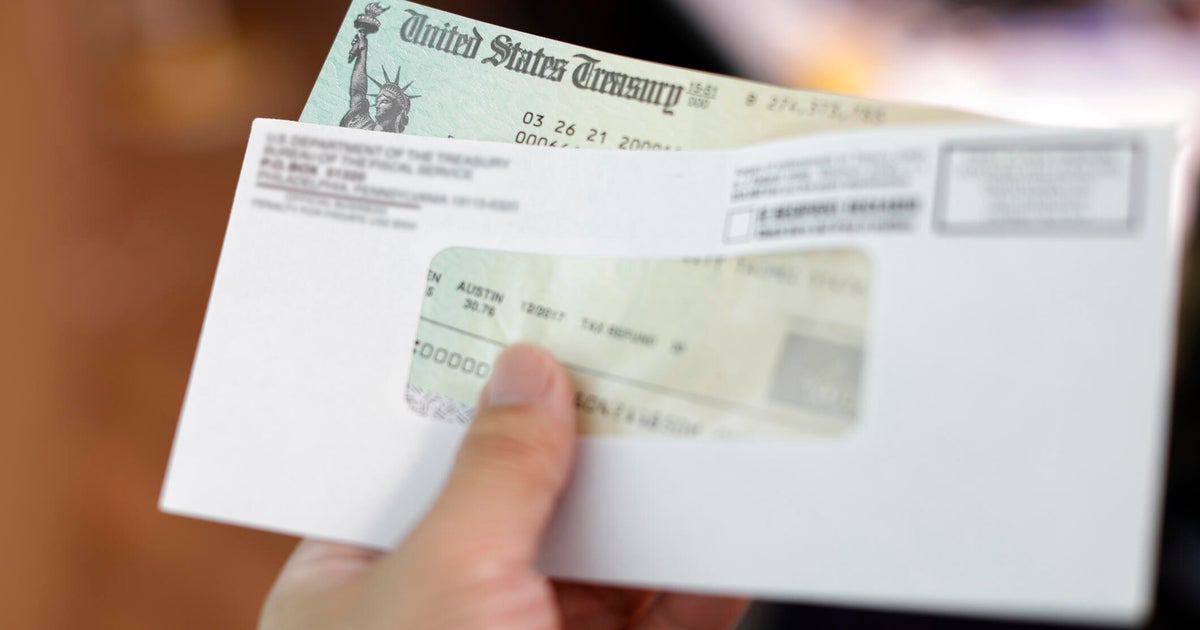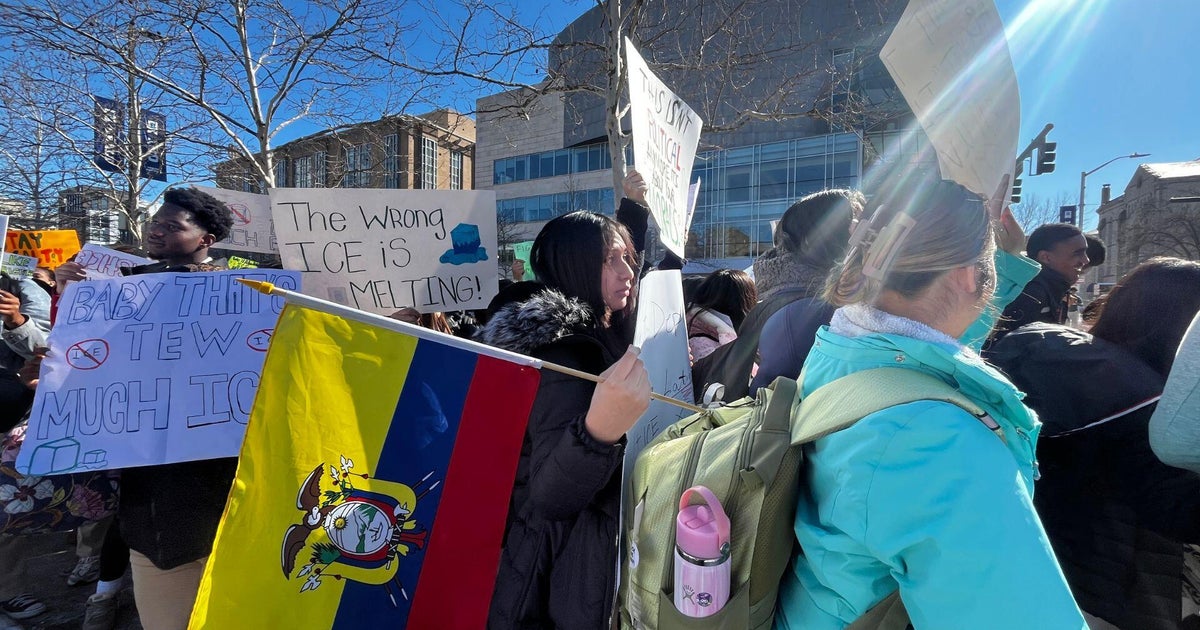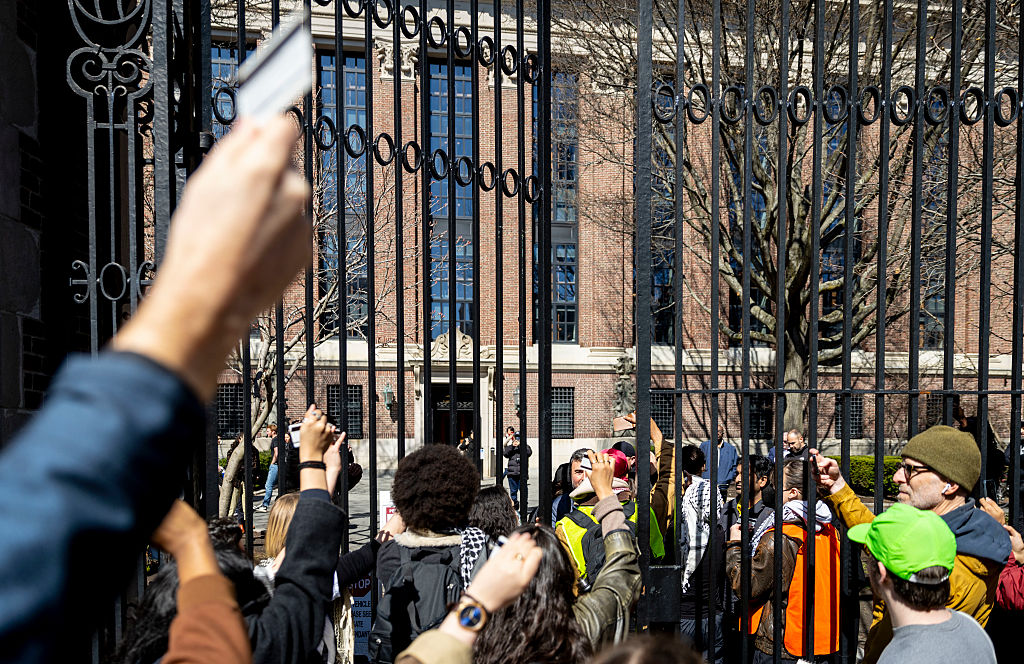Private student loan dos and don'ts
Paying for college can be difficult, whether that's for your undergraduate degree, grad school, med school or another type of program or degree. After all, the rising cost of college tuition often outpaces inflation, increasing by about 8% per year, according to Finaid. And while federally backed options, like financial aid and federal student loans, can help cover some costs — along with other grants and scholarships — these don't always add up to the full amount you need.
One way to cover rising costs while in school is to take out private student loans. These types of loans are offered by private financial institutions, like lenders, banks and credit unions, and can be used in combination with other funding sources to pay for school. Or, at times, you might find that private student loans even outweigh certain types of federal loans.
Still, it's important to realize that borrowing money for school with private student loans won't just affect you while in school, but is a decision that you'll also have to manage post-graduation. That's why it's important to educate yourself on the ins and outs of this funding source before committing yourself to a loan. When it comes to borrowing money for school with private student loans, here are some dos and don'ts to consider.
Learn more about the private student loan rates and terms available to you now.
Private student loan dos
If you're considering using private student loans to pay for college, be sure to do the following:
Compare interest rates
Even slight differences in interest rates can add up over the life of your loan, so be sure to compare the private student loan interest rates from different lenders. Not only do you want to compare rates directly, but also evaluate whether you want a variable or fixed-rate student loan. Variable rates might start lower, but there's a risk they could get more expensive over time.
Compared with federal student loans that have fixed rates, one "downside of private loans is that the interest rates are likely to be variable, meaning your rates and payment amount may fluctuate over time, making it harder to budget," says Omar Ochoa, founding attorney at Omar Ochoa Law Firm.
That said, you might find some private student loan providers that offer fixed-rate loans, or you might be able to refinance later if you qualify for a better rate.
Find out what today's top student loan rates are right now.
Compare repayment terms
Another important factor is the repayment terms of a private student loan. Lenders can differ regarding how many years they give you to repay your loan. Keep in mind, though, that longer isn't necessarily better, as a longer loan term can cause more interest to accumulate.
Lenders can also differ in terms of the repayment options, such as offering interest-only payments while you're in school or letting you defer all payments until after graduation.
This can also affect overall interest costs, but it could be helpful to compare what works for your situation.
Evaluate perks and benefits
With private loans, students generally have "less likelihood of finding flexible repayment and forgiveness options" compared to federal ones, notes Ochoa. But that doesn't mean all private student loan lenders are the same.
However, you may still be able to find perks, like cash-back discounts after graduating or family discounts for those with siblings taking out private student loans from the same lender. Comparing these perks may help you save money over time.
Private student loan don'ts
There are also a few things you generally shouldn't do when it comes to picking private student loans, such as:
Take the first loan offer
It can be tempting to take whatever private student loan offer you qualify for first, especially if you need the funds quickly. But this is a major financial decision that could affect you long after college.
So, take your time to compare private student loan providers and see where you can get the best overall offer. Some lenders even let you check what your interest rate would be without an impact on your credit score. That can help you weed out lenders with rates that are much higher than others (or those with less appealing loan terms).
Don't wait. Find out the private student loan rates you may qualify for now.
Borrow more than you can afford
While you might think that you should borrow as much as you qualify for, that's not always the best approach, especially considering the cost of repayment. A good rule of thumb is for students to cap their total borrowing at what they expect to make the first year after graduating, says Angela Colatriano, chief marketing officer at College Ave Student Loans.
That can get tricky for some students, but it's important to not bury yourself in debt. If it seems like you need to borrow more, you may benefit from searching for more scholarships, for example, or finding out if you qualify for work-study programs.
Assume rates will stay the same
If you're just researching private student loans right now, you can familiarize yourself with different options. But don't assume that the rates you see right now will be the same as when you're ready to apply for private student loans. The broader economic environment continues to have some interest rate uncertainty, so it's unclear if rates will continue to rise or come back down in the future.
When you're ready to apply, do a final comparison of interest rates from different providers. And once you have your loan, you can continue to stay on top of interest rates to see if refinancing could save you money.
The bottom line
Following these private student loan dos and don'ts can help you potentially reduce borrowing costs while finding the funding you need for your education. And because this is a big decision, consider also speaking with a trusted advisor. If you're already in school, your college might be able to connect you with student loan counseling resources. If you're not in school yet or want additional support, you can still find free or low-cost credit resources by searching online.




